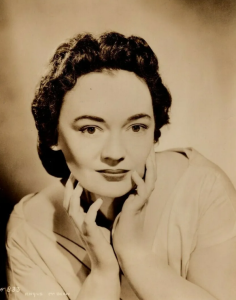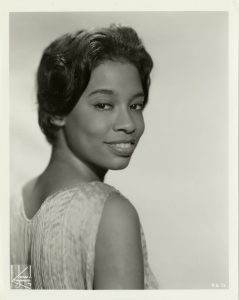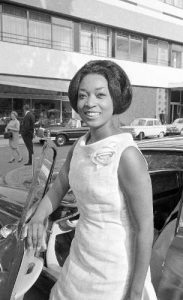Podcast: Play in new window | Download (Duration: 1:34:44 — 130.1MB) | Embed
Subscribe: Spotify | TuneIn | RSS | More
Yesterday, January 29th, was the 101st anniversary of the birth of the Canadian soprano (later mezzo) Lois Marshall. Marshall was in so many ways a unique and treasurable artist. Afflicted with polio as a young child, she spent much of her early life hospitalized. It was there that she discovered the expressive power of her singing voice. Following her training at the Royal Conservatory of Music in Toronto, Marshall won two prestigious vocal competitions, including the Naumburg, she was taken on by such early mentors as Arturo Toscanini and Thomas Beecham and others. Audiences were captivated by both the spontaneity and directness of her artistry. Though she made occasional appearances in opera (and in particular televised opera, where her mobility issues could be more easily managed), she was primarily known as a concert singer. Recommended by the young Glenn Gould, she quickly became a favorite with Russian audiences and created the Canadian premieres of works by Poulenc and Britten, among others. This, the fourth Countermelody episode devoted to this artist, features her in a wide range of material, including in particular work by contemporary Canadian composers including Harry Somers, Oskar Morawetz, Srul Anthony Glick, Godfrey Ridout, Harry Freedman, and Jean Coulthard. The episode also emphasizes the purity and expressiveness of her singing in Baroque music, including Handel, Bach, Purcell, and Schütz as well as her unique way on the concert platform with both art song and folk song arrangements. Collaborating artists include Leopold Stokowski, Maureen Forrester, Glenn Gould, Seiji Ozawa, John Alexander, and Thomas Beecham. Once heard, Lois Marshall will never be forgotten.
Countermelody is the podcast devoted to the glory and the power of the human voice raised in song. Singer and vocal aficionado Daniel Gundlach explores great singers of the past and present focusing in particular on those who are less well-remembered today than they should be. Daniel’s lifetime in music as a professional countertenor, pianist, vocal coach, voice teacher, and author yields an exciting array of anecdotes, impressions, and “inside stories.” At Countermelody’s core is the celebration of great singers of all stripes, their instruments, and the connection they make to the words they sing. By clicking on the following link (https://linktr.ee/CountermelodyPodcast) you can find the dedicated Countermelody website which contains additional content including artist photos and episode setlists. The link will also take you to Countermelody’s Patreon page, where you can pledge your monthly or yearly support at whatever level you can afford.


